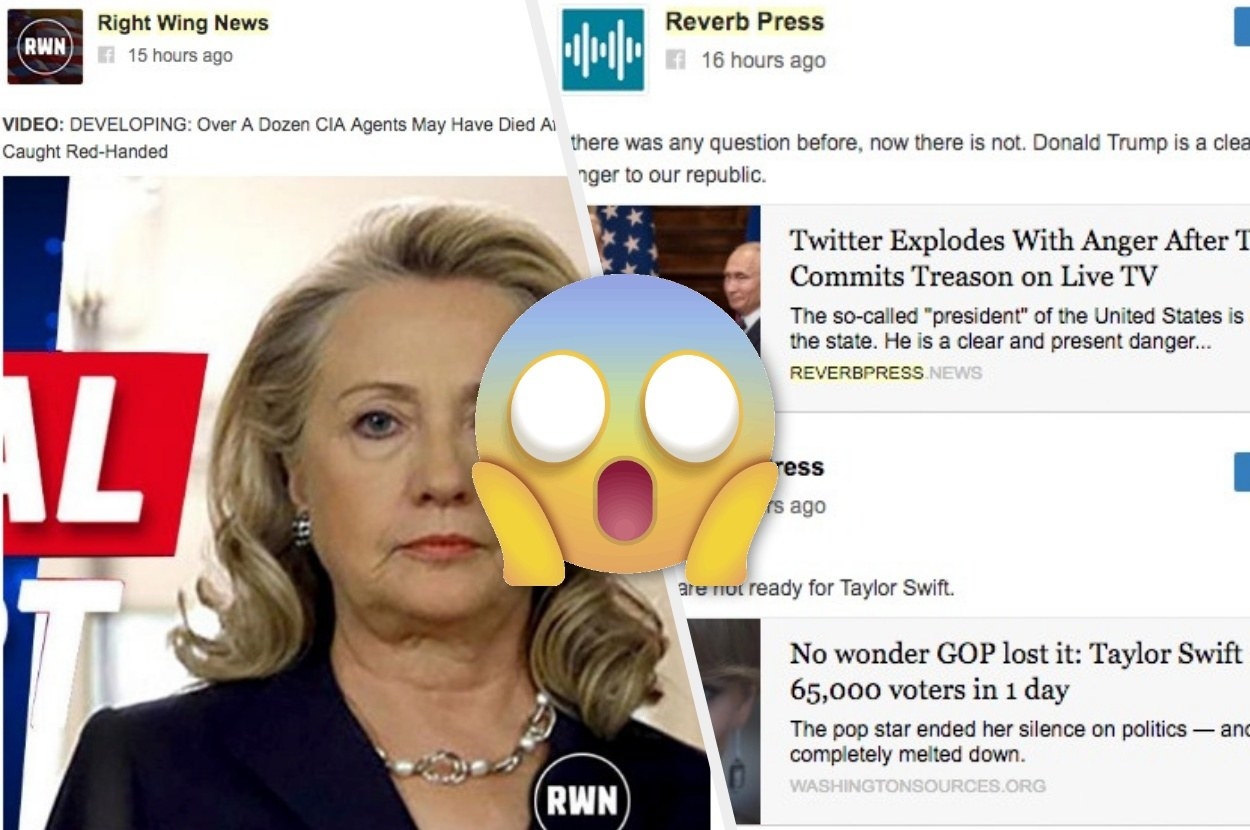
Craig: The purge has arrived, Jane.
Jane: Like that movie where everyone kills each other?
Craig: EXACTLY! Except instead of people it's a massive global corporation killing US political Facebook pages in advance of the midterm elections.
In this case, Facebook announced it removed 559 pages and 251 accounts "that have consistently broken our rules against spam and coordinated inauthentic behavior." This follows my recent report of the company killing over a dozen political pages (on the right and the left) for pretty much the same reason, according to the company. Facebook did not release a list of the pages and declined to comment when asked why.
Jane: OK, so Facebook is leaning on its anti-spam policy as the justification for removing these pages. That’s the same narrative Google gives for not allowing its ads to appear on websites that spread junk news. Do you think we can expect the offenders to change their behavior on the platform?
Craig: It's a big shot across the bow. Since 2017 Facebook has been reducing the reach of these pages, and therefore their value. That led bigger players to take over smaller pages as people exited the hyperpartisan game. Now Facebook is sending the message that you can't just spam your content across tons of pages. So big networks are getting taken out.
Jane: It’s also a way for Facebook to deal with the issue of divisive content and misinformation while trying to skirt accusations of partisanship. But at the same time, these publishers have spent money on advertising with Facebook (some I’ve spoken with said they’ve spent thousands of dollars) only to have their reach nixed. They will try other strategies, but this will really take away from the publishers’ business and bottom line. I guess that’s the idea.

Latest from our team:
Searching things on Safari brings up hoaxes and conspiracies.
An expected fake news law in Singapore will be a huge test for social media platforms.
An app funded by Sheldon Adelson is covertly influencing the online conversation about Israel.
Facebook met with representatives from Myanmar, the Philippines, and Sri Lanka to address the misinformation problem.
This is a story about a bitcoin entrepreneur who “accidentally” started a multimillion-dollar Ponzi scheme.
Hyperpartisan publishers are deepening political divides. Here they are on Kavanaugh and on Taylor Swift.
A Canadian “investigative columnist” published a story based on a fake hotel review that said refugees are “slaughtering goats” without, well, investigating.
Craig is extremely proud of catching this fake barefoot runner, so give his story a click.
Worth reading:
Jane:
- The teens continue to be extremely weird, Taylor Lorenz of the Atlantic reports. They are posting the same images on Instagram over and over, which is getting them thousands of followers and free toasters.
Know those notes from “Chinese prisoners” people sometimes find in their purses or clothes? Here’s an extremely interesting investigation about 'em by Rossalyn Warren for Vox.
This fascinating piece by Maija Liuhto about online dating in Afghanistan provides a scenario in which fake Facebook accounts are maybe OK, even justifiable.
I’ve been thinking and reading a lot about China lately, and this story about fact-checking on WeChat is a good look at an attempt to debunk misinformation on the massive platform. “One of the ways WeChat deals with rumors? They post the top ten rumors every month on an official account — to debunk them,” writes Xinmei Shen.
This story from Vice’s Samantha Cole did not get the attention it deserved. I mean, look at this headline: “A Viral Tweet Stole Fetish Model's Photos, Told Fake Domestic Abuse Story to Sell Skinny Tea.”
We want to hear from you
Email us thoughts, tips, and opinions at fakenewsletter@buzzfeed.com. You can also follow Jane and Craig on Twitter to get the latest from us and to read the links we share from other reporters and researchers working this beat.

